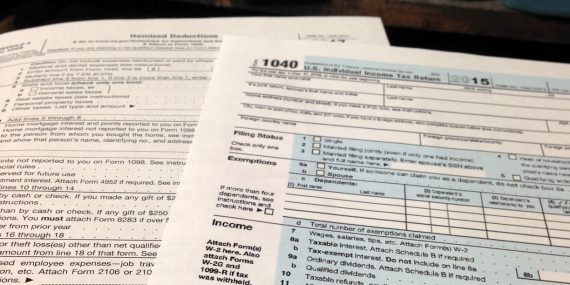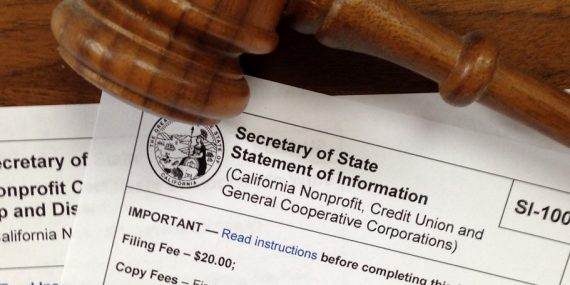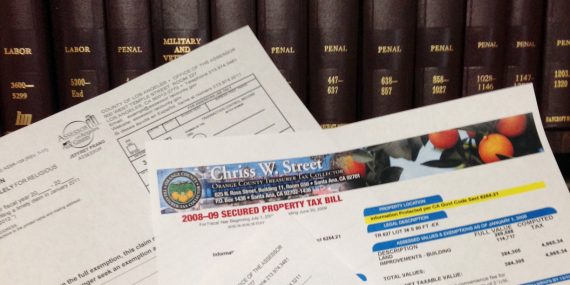Preventing Mechanic’s Liens
Preventing Mechanic’s LiensNot all churches have tenants, and those that do, may not have tenants that desire to make some sort of capital improvement to the church property. However, this article is not limited to churches with tenant(s) but rather all churches and preventing mechanic’s liens. At some point or another, all buildings require some sort of repair or maintenance. What comes to mind in a new roof, but this article also applies to any repairs commenced of the property from the roof all the way down to the getting […]







